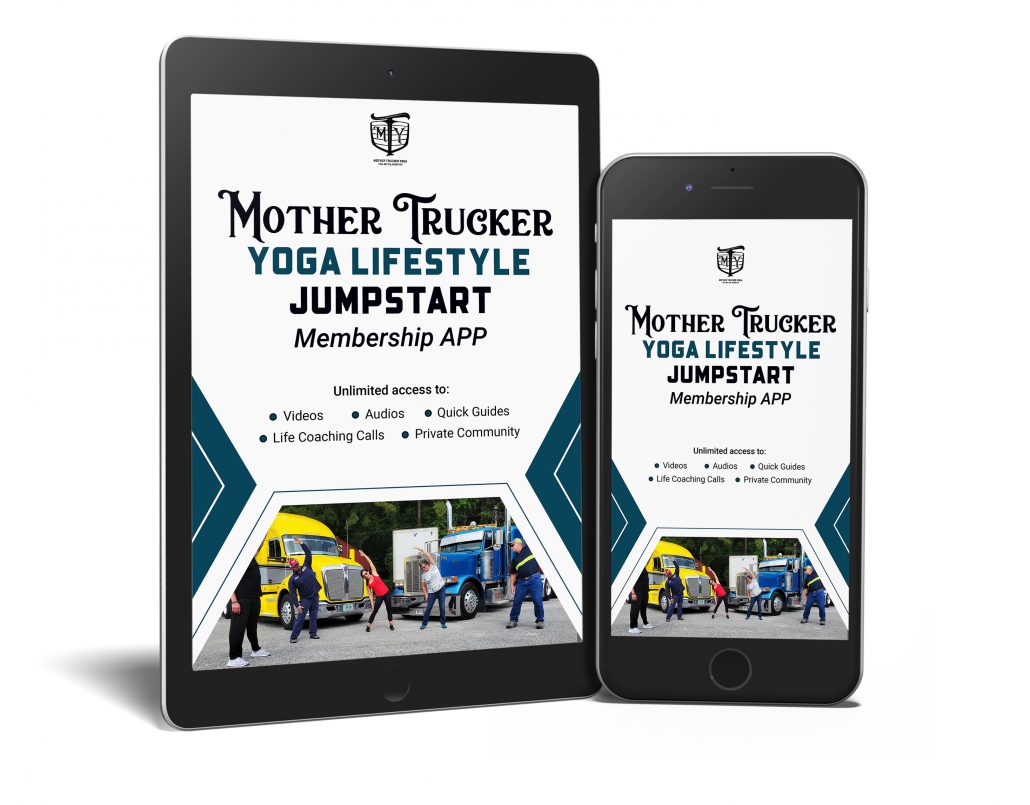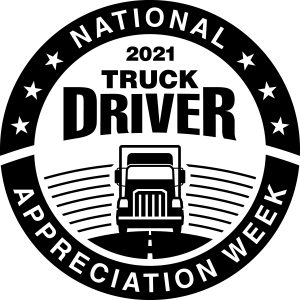How To Take Care Of Your Mental Health When You Are Out On The Road
As a truck driver, you may feel like you spend most of your time behind the wheel, except for brief interactions at rest stops and destinations. Mental Health
Isolation from one’s social circle is only one component of the whole picture of mental health. And not only for drivers of large trucks, but for everyone. Truck drivers, like those in many other professions, are susceptible to the same factors that might negatively influence their mental health.
It is OK to not feel okay for various reasons, including a lack of physical exercise, loneliness, and stress, to mention a few. While each of these emotions is perfectly acceptable in and of themselves, experiencing them all at once may be overwhelming.
Sometimes, these sensations can grow into anxiety, depression, and other mental health concerns that can quickly go unrecognized — especially if you are the only one looking out for yourself. This is especially true if you are the only one responsible for looking out for yourself. Here, we look at several mental health solutions to help you.

How You Can Take Control of Your Stress
The long days and nights may be hard for truck drivers, especially those responsible for traveling great distances because they need to stay awake while driving and fulfill stringent delivery deadlines. The mental and physical effects of stress may hit you all at once when it happens.
It is easy to disregard the warning symptoms of stress and burnout when one’s profession is as demanding as that of a truck driver who has a demanding career.
Nevertheless, focusing on yourself is precisely what you should be doing now. As a truck driver, how do you ensure that you care for your mental health? The following are some helpful suggestions that may be used to take care of oneself on the road.
Exercise
As a truck driver, you can’t get up and move around anytime you want, but moving around at least a little bit every chance you have is critical. Not only can a lack of physical activity contribute to tight muscles, leading to worse aches and pains later on, but exercise is also one of the most essential tools for a healthy mind.
Exercise decreases the stress hormone cortisol. Cortisol is sometimes referred to be nature’s built-in alert system. When you are concerned or worried, your cortisol levels rise.
You could do anything from jumping jacks to pushups at a rest stop, parking lot, or waiting for a load. You can stroll or jog around the parking lot or do some lunges or a decent back stretch.
Keep in touch with loved ones.
When you have been away for so long, it is easy to forget how much family and friends can lift your emotions.
Making time for a brief phone or video chat when you are not distracted can remind you that your job is not everything, and your vehicle is not the only place you belong. Reach out to those that make you laugh and raise your spirits.
Even if you cannot spend as much time as you want with friends and family in person, a phone conversation may be just as satisfying.





























